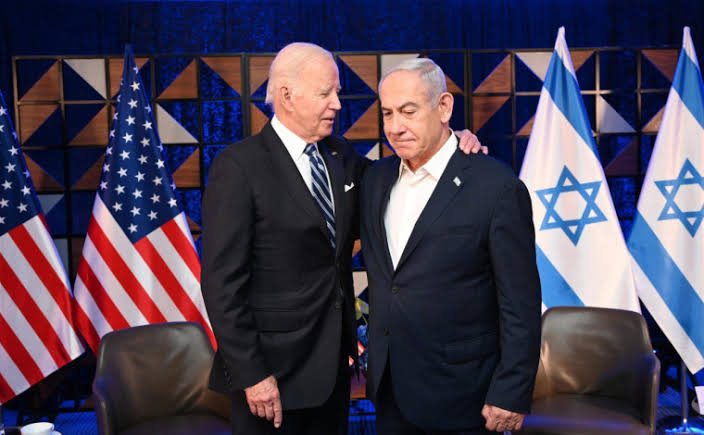For context, in 2016, the U.S. and Israeli governments signed a third 10-year Memorandum of Understanding, covering the period from Oct. 1, 2018 to Sept. 30, 2028. The MOU provides a total of $38 billion in military aid over the 10 years, $33 billion in grants to buy military equipment and $5 billion for missile defense systems.
Although, the humanitarian catastrophe in Gaza has prompted calls for Washington to put conditions on the billions of dollars in military funding and other assistance it provides to Israel, which has received more U.S. foreign aid since World War Two than any other country.
The United States had helped Israel develop and arm its Iron Dome short-range rocket defense system, developed after the 2006 war between Israel and Militant Hezbollah. The United States has repeatedly sent Israel hundreds of millions of dollars to help replenish its interceptor missiles. And also helped fund the development of Israel’s “David’s Sling” system, designed to shoot down rockets fired from 100 kilometers to 200 km (62 miles to 124 miles) away.
Israel is also the first international operator of the F-35 Joint Strike Fighter, considered the most technologically advanced fighter jet ever made. Israel is in the processes of buying 75 F-35s and – as of last year – had taken delivery of 36, paying for them with U.S. assistance.
Last year, President Joe Biden asked Congress to approve a $95 billion supplemental spending bill that included $14 billion for Israel, in addition to $60 billion for Ukraine, support for Taiwan and billions in humanitarian assistance.
That package passed the Senate with 70% support in February but has been blocked in the House, whose Republican leaders will not call it up for a vote, largely because of their objection to further funding for Ukraine. It also faces resistance from a handful of left-leaning Democrats who object to sending more money to Israel while it pursues a military campaign that has killed more than 30,000 civilians in Gaza, according to Palestinian health officials.
The United States has long used its veto power on the U.N. Security Council to block resolutions seen as critical of Israel. Earlier in the six-month-long war in Gaza, it vetoed measures that included calls for an immediate ceasefire.
To pass in the Security Council, a resolution needs at least nine votes in favor and no veto by the U.S., France, Britain, Russia or China.
Late last month, Washington dropped its traditional protection of Israel by abstaining from a vote on a resolution demanding a ceasefire, instead of casting a veto, although it described the brief text as ‘non-binding.’
Join our WhatsApp community via https://goquick.ly/cj8q2 for instant and latest news updates.


